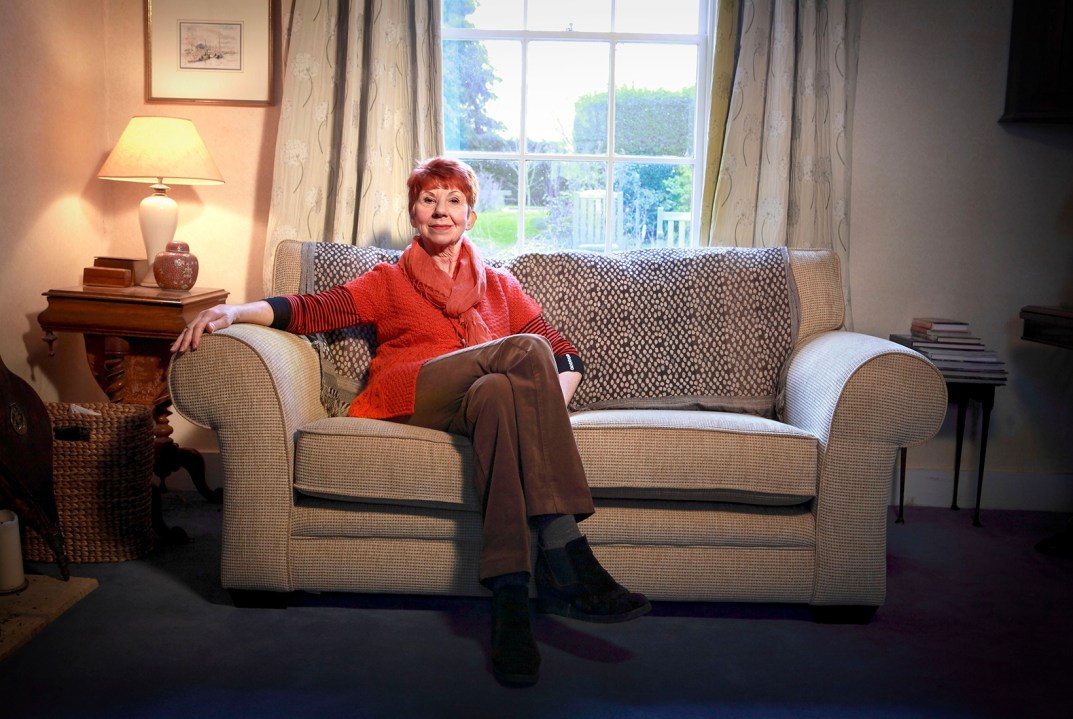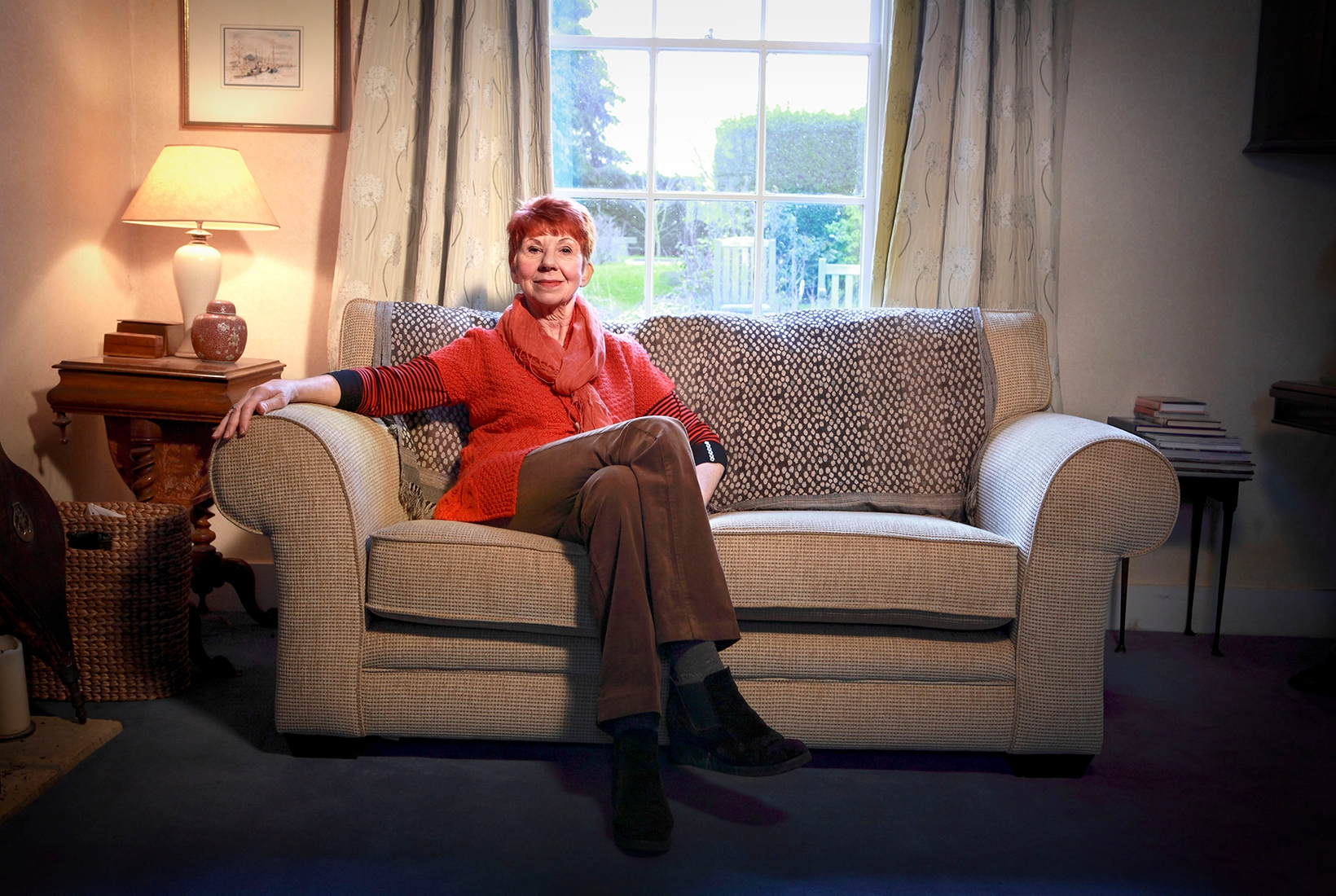If you’ve been listening to The Archers lately, you’ll know how tedious monologues can be. The BBC has received so many complaints about the stream of soliloquys that has dominated the episodes since lockdown, that Mohit Bakaya, controller of Radio 4, has been compelled to issue an apology.
The new format — introduced so that the cast and crew could follow social-distancing rules — has proven especially unpopular because, as some listeners have pointed out, the producers might easily have stitched recordings together to keep the drama going. Instead, they’ve more or less dispensed with dialogue between characters in favour of a watered-down talking heads approach.
Given that it’s usually recorded in a dedicated studio with live sound effects, The Archers was bound to be different in the Covid era. It seems ungrateful to moan that things aren’t as good as they used to be when, quite frankly, we should feel lucky to have anything new to hear or watch or see. In truth, though, the problem isn’t so much the format as the content of the monologues themselves. If the BBC has anything to be sorry for, it’s the sheer empty-headedness of the characters now Shirley Valentining to their walls in Ambridge.
It’s a pity Agatha Christie isn’t around to write an episode of The Archers
A monologue, if it is to be successful, must do two things. The first is to reveal something more about a character than you would get from that character in ordinary conversation. The second is to sound utterly enthralling. As Alan Bennett once said: ‘“Talking heads” is a synonym in television for boredom, and here is just one head, not two.’ On radio, where the boredom stakes are higher, that head needs to speak each thought as if it were a confession if it is to strike home. The confession needn’t be true — monologues are often more interesting when the speaker is deluding himself — but it should
appear to come from somewhere deep and unexpected.
The Archers’ Lynda Snell, you would have thought, has some interesting depths to plumb. Such stridency does not develop out of nowhere. In a recent episode, however, while rustling up dinner for Robert at home, she could do little more than berate herself for her choice of earrings and girlish folly. Still recovering from the blast (a plot left dangling since March), she planned a romantic evening, only to find Robert distant. ‘Shy — with my own husband in my own house. Pathetic,’ she sighed to herself in the sanctuary of the kitchen. ‘I don’t know what I was thinking, planning some great seduction…’
Robert, in the following episode, offloaded his sexual anxieties with the sort of coyness that comes from addressing four million listeners. ‘It would be wonderful to resume things when Lynda’s ready…,’ he said. ‘But I don’t think any additional unnecessary exertion is a good idea.’ Surely he had some more thoughts on the matter than these? Meanwhile, Emma was fretting over the prospect of being laid off from the tea-room, and Lynda resumed talking to herself of her embarrassment.
A more human script, one feels, would be the first step towards resolving their problems.
It’s a pity Agatha Christie isn’t around to write one, for Absent in the Spring, published under her pseudonym Mary Westmacott and adapted for Radio 4 recently, offered a masterclass in monologuing. The story delved into the psyche of a middle-aged woman named Joan Scudamore as she tried to find her way from Baghdad to Istanbul after visiting her daughter. Stranded in the desert while she awaited her train, she found herself alone with her thoughts for the first time in years.
Harriet Walter, fresh from playing Muriel in the remake of Alan Bennett’s ‘Soldiering On’ for Talking Heads, played the abrasive but fragile Joan beautifully. Over the course of 45 minutes, she talked to herself, to God, to a mirage of her husband Rodney, and never once did she lose my attention. A brief encounter with a gossipy former schoolfriend at the beginning of the story provided a rare moment of dialogue that served to prompt — and justify — all this soul-searching.
Was Rodney the philanderer Blanche implied he was? Had she let him down by preventing him from becoming a farmer? Was their daughter unhappy? Where Lynda in The Archers could mutter only vague things about how she had failed her husband, Joan unpeeled layers of memories, many of them false, raised ghosts and dredged up fragments of old conversation. Her reverie was interrupted only by Ali, the manager at the guest house where she had been waiting, serving her yet another omelette. As the dialogue broke in, unexpectedly, the power of the monologue became apparent.
There are a few more eggs to crack at Grey Gables before Ambridge can realise that dream.







Comments